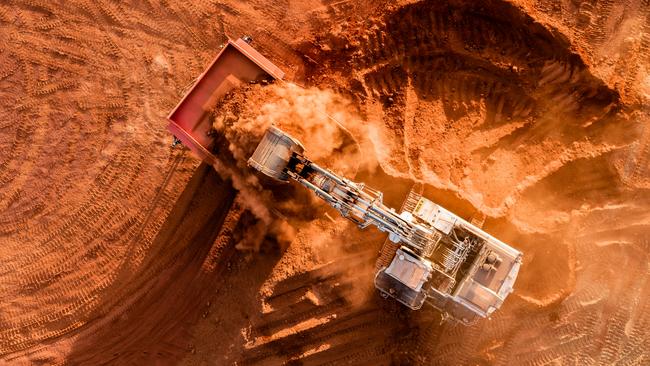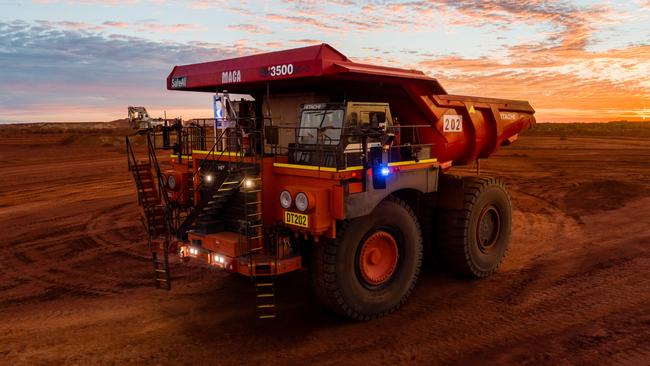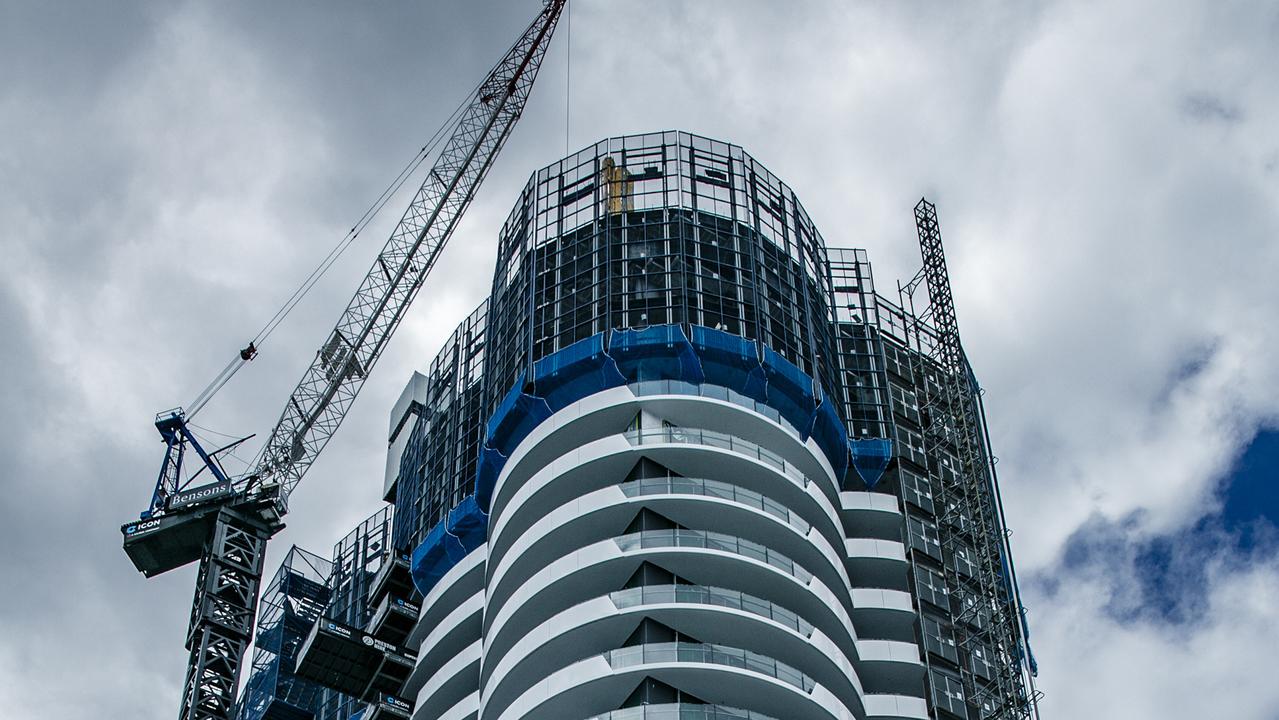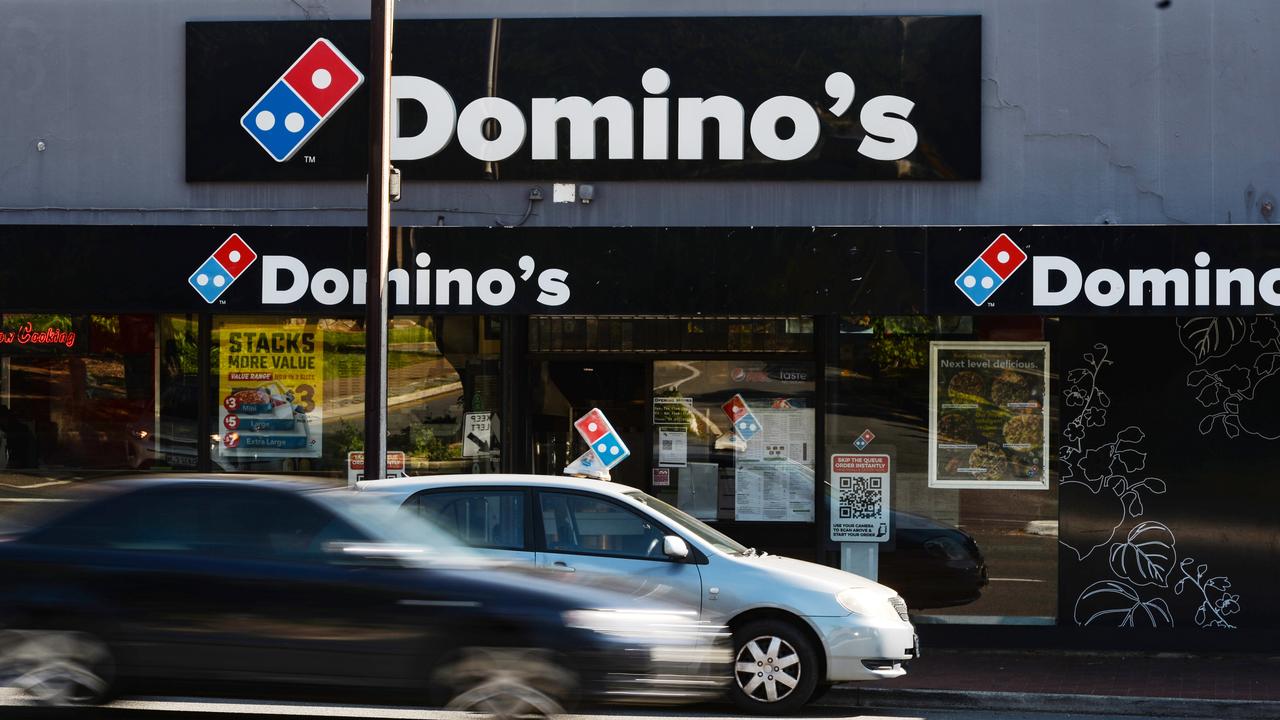MACA looks to shift driverless vehicles into smaller mines
Driverless trucks have made their biggest move in the mining sector since they were first deployed on Pilbara iron ore mines a decade ago.

Business
Don't miss out on the headlines from Business. Followed categories will be added to My News.
Driverless trucks have made their biggest move in the mining sector since they were first deployed on Pilbara iron ore mines a decade ago, as contractor MACA looks to shift the use of the technology into smaller mines.
Rio Tinto first began trials of autonomous haul trucks in 2007, and until now their use has largely been confined to the large-scale operations of the Pilbara iron ore majors, and a few gold mines such as Newmont’s Boddington operations in the south west of WA which run at a similar scale.
The big Pilbara miners have hailed driverless trucks as a revolution in mining productivity, with automated vehicles said to be delivering gains of more than 25 per cent when deployed at scale.
BHP has also begun to roll out automated trucks at its Queensland coalmines.
While the full-scale introduction of automated trucks won’t come in time to help with the crippling shortage of skilled drivers currently afflicting the WA mining sector, in the long run the use of automated trucks in smaller mines promises to deliver a revolution in the way the sector operates.
The infrastructure required to run big fleets of the massive haul trucks has been a major limiting factor in their deployment on smaller mines that form the backbone of the WA gold and nickel industry.

But that is about to change, according to MACA, after the contractor recently closed out a six-month trial of a single autonomous truck at Capricorn Metals’ Karlawinda gold mine in the Pilbara. The trial has led to a plan to fully automate the mine’s trucking fleet.
The technology MACA is using, courtesy of its relationship with technology companies Position Partners and SafeAI, does not require the large-scale remote operations centres like those deployed by BHP, Rio and Fortescue Metals Group, instead relying on local operators and machine learning to safely move the trucks around smaller sites.
Capricorn and MACA fitted an existing Komatsu haul truck with automated drive systems, with the gold miner planning to eventually replace its entire 15-strong fleet with driverless alternatives.
MACA boss Mike Sutton said on Wednesday that a new deal with SafeAI should eventually see the contractor add up to 100 autonomous haulers to its operations across a suite of Australian miners.
Capricorn executive chairman Mark Clark said the trial of the vehicle at Karlawinda promised a “step change” in the way mid-tier gold miners operated.
“Capricorn is proud to have facilitated the trials and is impressed by the proof of concept that has been achieved to date,” the industry veteran said.
MACA shares closed up 1c to 76c on Wednesday, with Capricorn down 5c to $3.84.
Originally published as MACA looks to shift driverless vehicles into smaller mines



